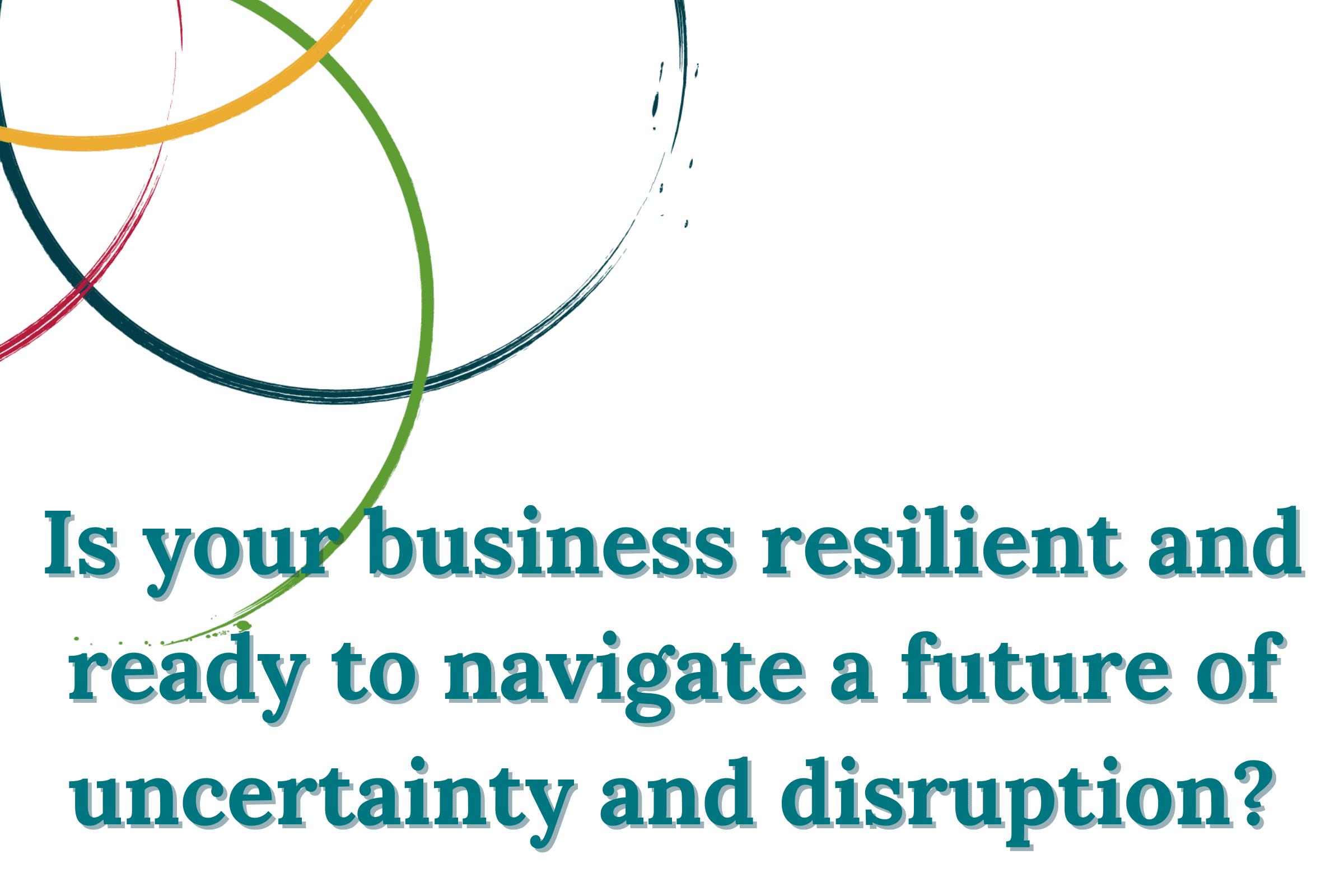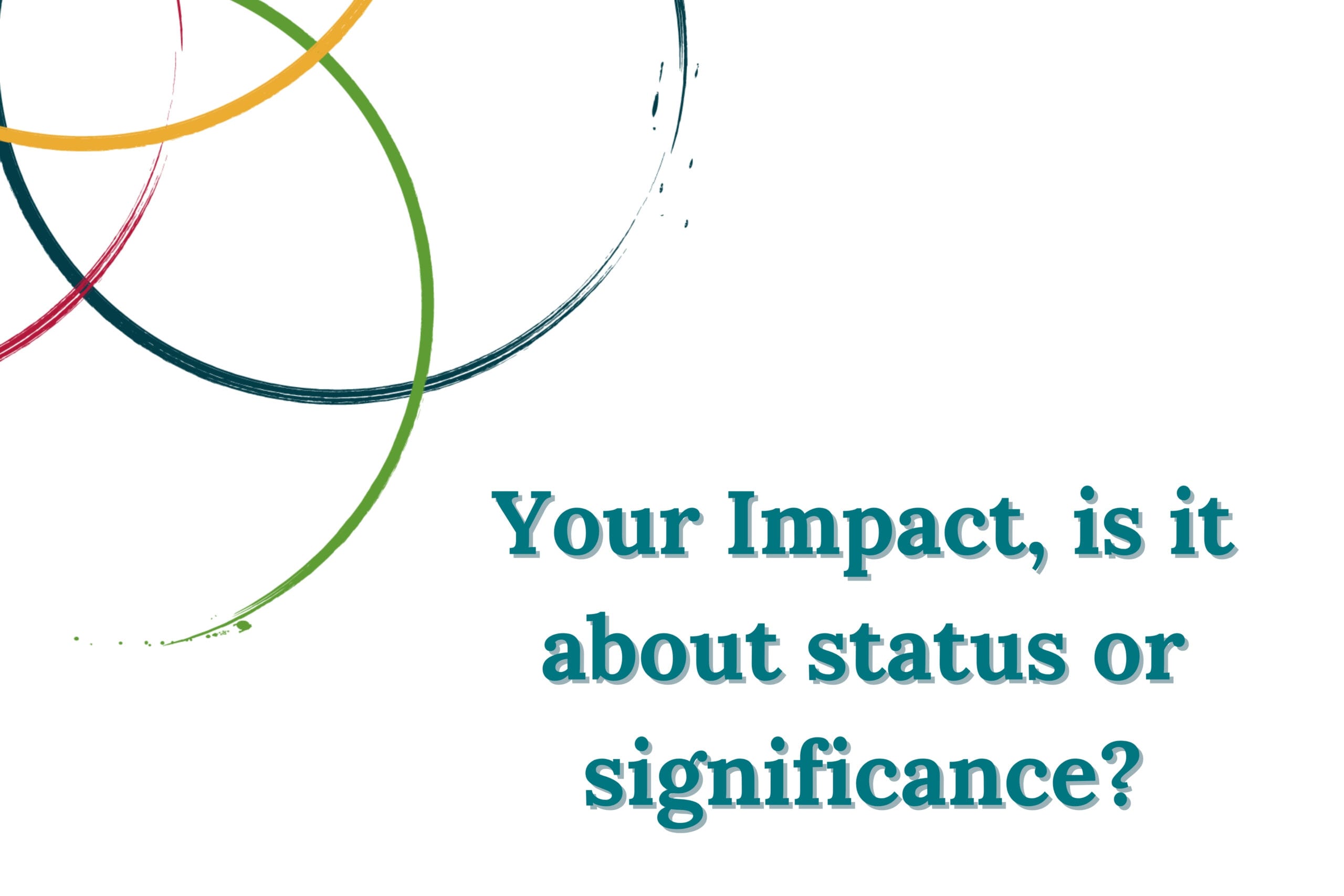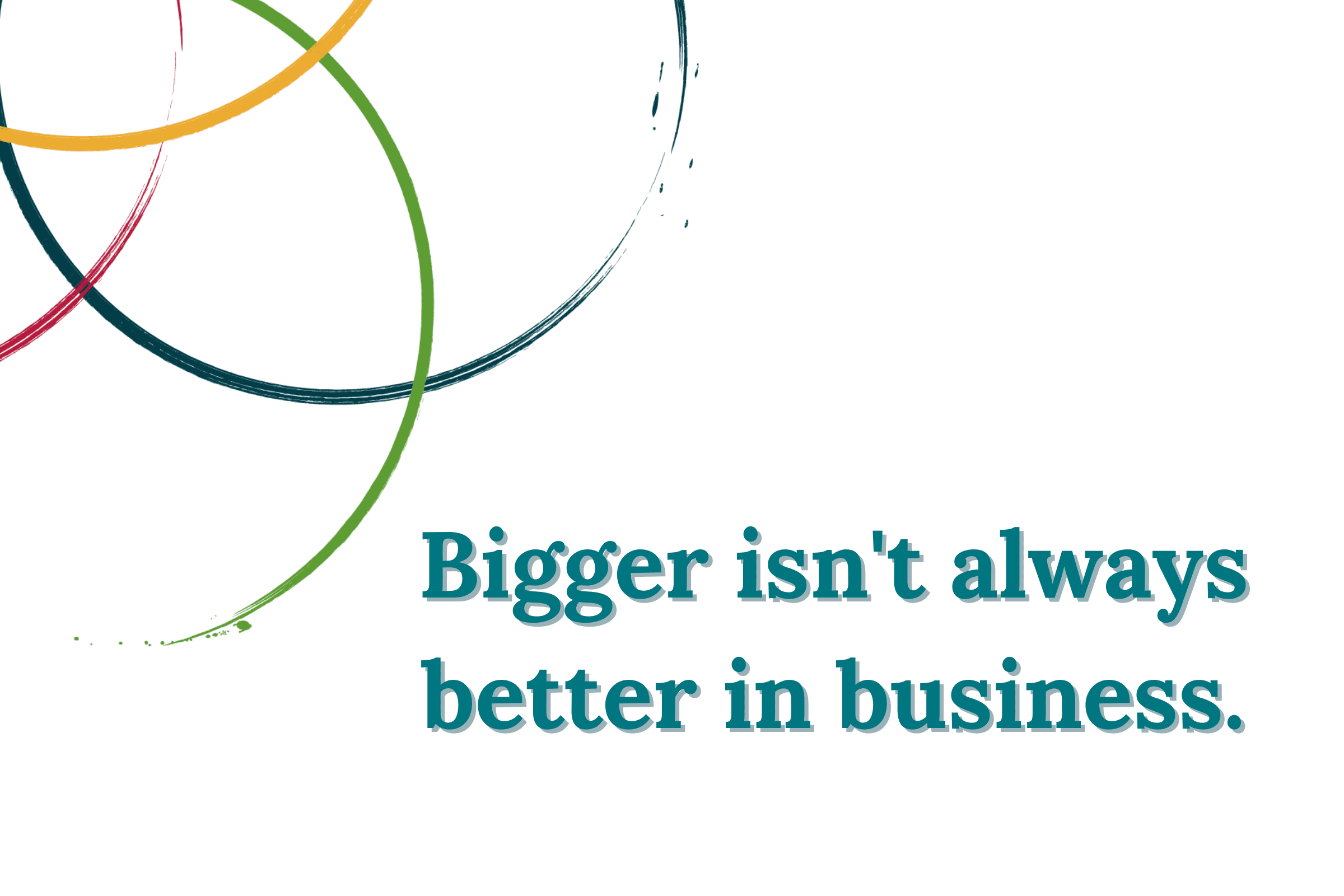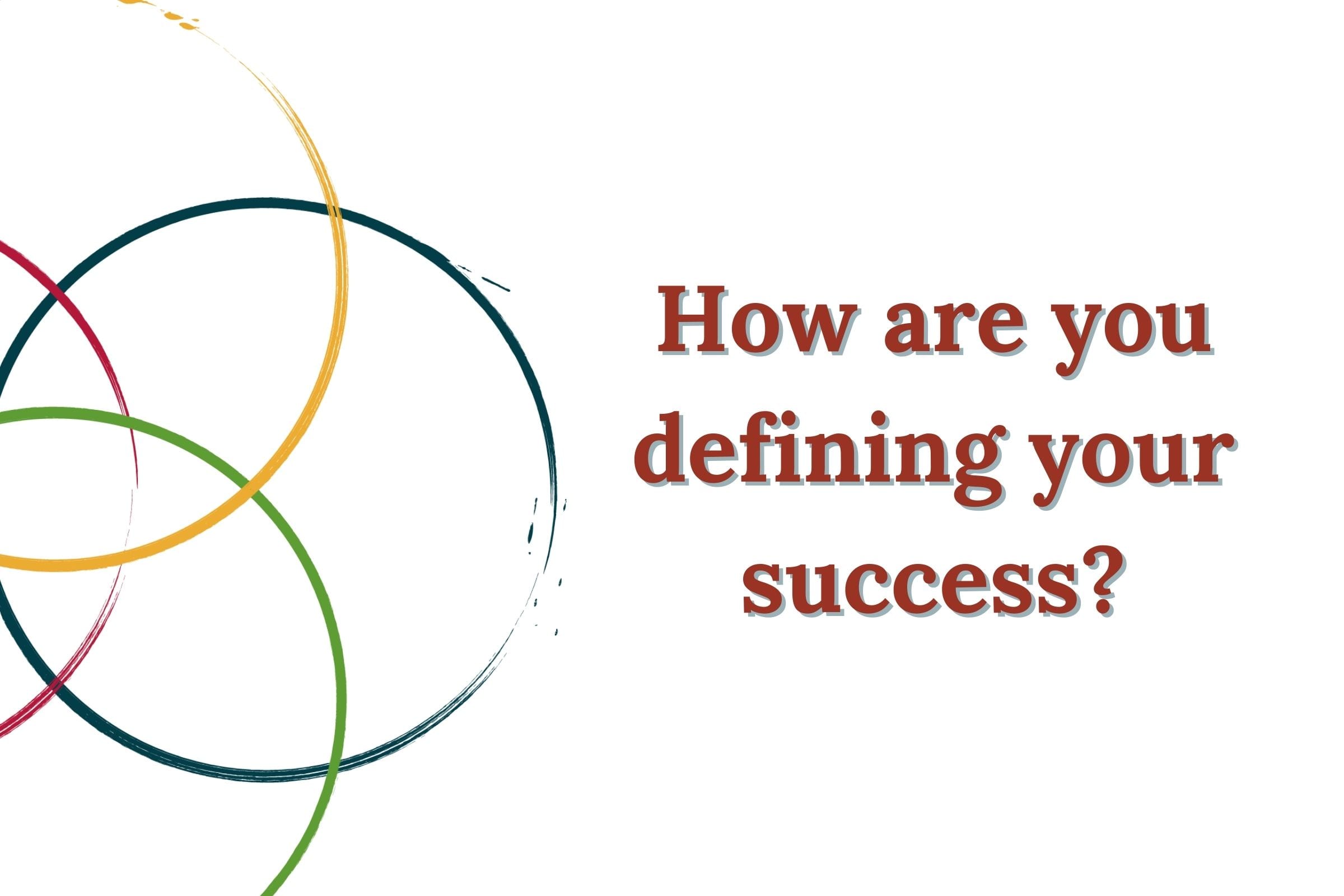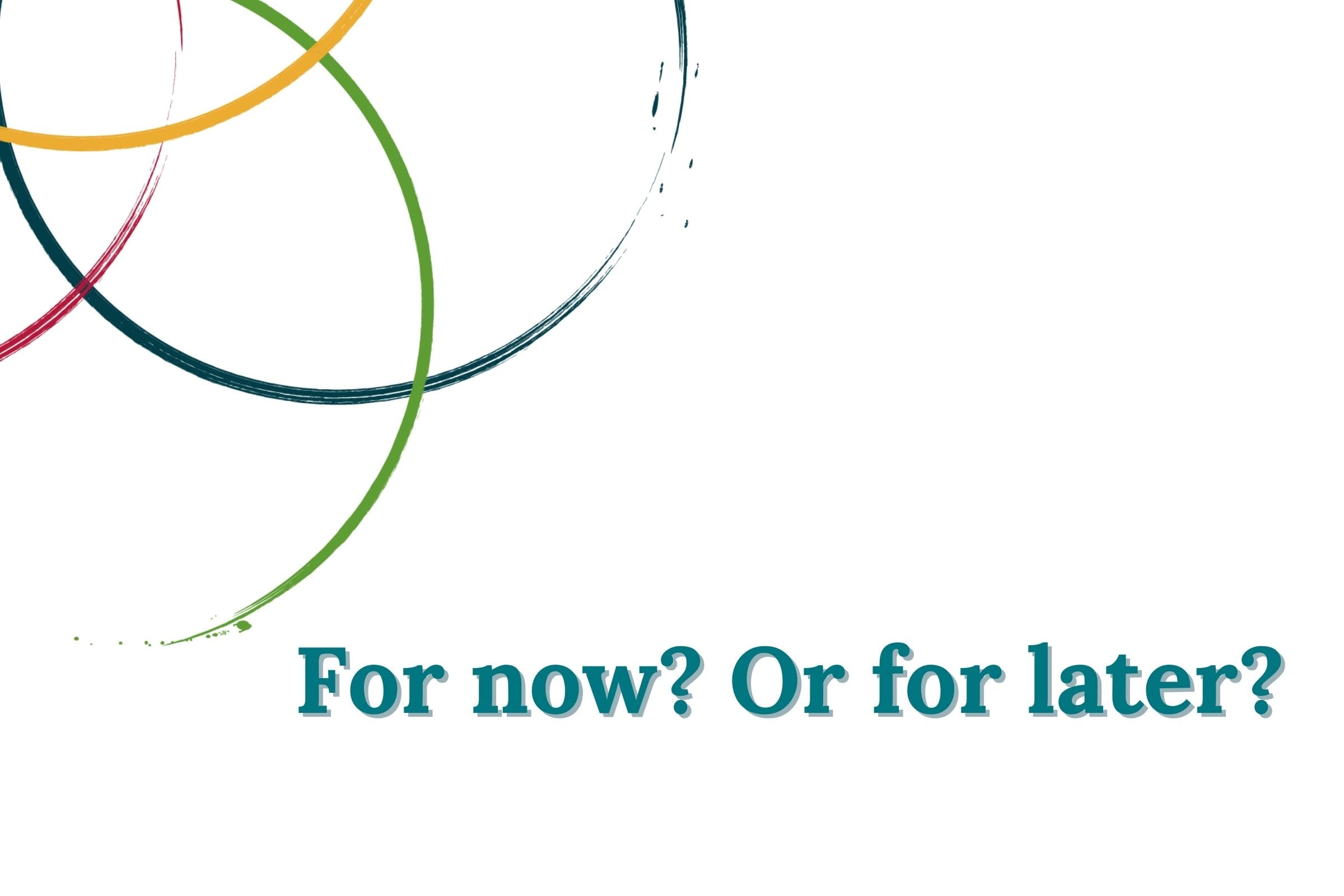This is not JUST about a current crisis.
I am a big picture and long term thinker so this is about futureproofing your business in the coming decade.
However, it is usually the “out of the ordinary” or a crisis that exposes inadequacies in our business structures, systems, strategies, staff and skills. It is only in a crisis that we are forced to consider the resiliency of our businesses.
I know that in my early days of self employment this was the case for me – an unexpected bill from the South African Revenue Service sent me into a tailspin and resulted in more than a few sleepless nights. Luckily enough it was around the time that the exchange rate peaked to 25:1 and I could move my “emergency fund” from the UK to SA and ride the scarcity storm – never have I felt so trapped, with my buffer completely wiped out I had no way of leaving the country in a hurry if I needed to which was something I always had in place for my own peace of mind.
Never again! From that moment onwards I have had resiliency rules.
Resiliency Rule No. 1 – Save at least 10p on every £1 earned.
Resiliency Rule No. 2 – No debt ever!
Resiliency Rule No. 3 – Always have 6 months survival budget in a separate account.
Resiliency Rule No. 4 – Never spend income before the service has been delivered in full.
Resiliency Rule No. 5 – Have a minimum of 3 independent revenue streams.
Resiliency Rule No. 6 – Make sure monthly survival figure is covered by consistent monthly income.
Resiliency Rule No. 7 – Have a combination of passive income, active income and long term investments.
Resiliency Rule No. 8 – Have a variety of payment plans in your product/service suite – annual, quarterly, monthly so there is always cash flow.
Have you considered what you need to have in place in terms of the things that can be planned for and prevented?
These rules have served me well.
In the last 4 years of being back in the UK, I have had a series of “disruptions” that could have crippled my business – back surgery, a ruptured achilles, irresponsibly taking 3 months off in the same year to do some travelling (tee-hee, that was fun!). There was little to no impact on my business in the long term, and I still reached the revenue targets I had set in each 12 month period.
Life will smack you down at times.
At times living becomes more important than business.
You need to build business resilience in the short term and long term so that when something disrupts your operations you are ready.
Is your business resilient?
If the unexpected happens will you be affected?
Will your clients be served?
Will your people be looked after?
Are you a ready and resilient business?
The world is changing and the way we think and do business needs to change too. This is a great year to really consider your business resilience and what you want it to look like during the next decade. It is a good year to create firm foundations and align yourself to what is truly important to you whilst being conscious of how the business landscape is reshaping.
This is the year you want to be considering what sort of business you want to lead.
There is opportunity in the current crisis, and I don’t mean opportunistic service or product launches that leverage off the basic survival needs of human beings in crisis. I mean in helping us, as business owners and members of society, to see which structures, systems and strategies are insufficient or broken and what needs to change in order for us to thrive in the long term.
I used this quote in my fortnightly insights last week, as a way to simply discern what to focus on in business operations:
“In the end, all business operations can be reduced to three words: people, product, and profits”
Lee Iacocca
In terms of resilience in business I am going to add another couple of “P’s” – purpose and planet. Using these 5 criteria, I believe you can consider how the world is changing, how you might align your business to the evolving landscape and what you might need to consider to ensure that your business is futureproof.
To get started, however, we need to look at the preparation required and that means getting you ready!
I have always believed in a “me” to “we” approach, you need to be clear before you make changes that will affect others – it all comes down to you – your mindset, your openness, and your approach.
- Are you ready to accept a dose of reality?
- Are you open to really seeing the truth of your current position and endure the discomfort that comes with change?
- Can you positively approach the pending period of uncertainty with rationality, receptiveness, responsibility and responsiveness?
- Can you ride out the risk and think creatively, abundantly and expansively?
You have to be prepared to lead the charge, take off the rose-tinted glasses and make the commitment to do whatever it takes to align your business to a changing habitat. Even if you don’t like it, you must be open to acknowledging what is in the best interests of the bigger picture, crafting a strategy that navigates and survives the inevitable and unprecedented disruptions of the modern day.
Businesses that anticipate the pace and nature of change, think holistically, and face challenges head on in a considered, comprehensive and future-oriented manner will be in a position to thrive.
So, what “big picture” changes are already obvious?
Purpose –
In September 2019 the Financial Times wrote, “businesses that combine profit with a wider purpose will benefit from the reinforced commitment of employees and customers. Those that fail to do so will not survive to become the companies of the future.”
What do you stand for? You will need a clear and motivating purpose, that taps into a wider worldview that people actually want to believe in and support – not a smart statement designed by a brilliant branding expert or a trite value proposition trotted out at networking events; you need to be passionate about something substantial.
You need to have a purpose that aligns with wider societal objectives, and carries a greater meaning; one that makes an important contribution to the achievement of global goals that really matter – goals that concern an investment in people and planet. Your purpose then needs to obviously guide all behaviours, and be consistently applied both on the inside and outside of your business.
A purpose is said and done! You have to live what you lead across the board, not just where it is convenient to do so.
A purpose is something that excites people at an individual level, something that people can get behind, buy into and gain great personal satisfaction by association and through participation – it is unifying and creates a connection between people.
Do you have one? Is it clear? Can your people get fully behind you because they believe 100% in your vision and how you are bringing it to fruition?
Profit –
It is no longer good enough for businesses to consider only their shareholders, successful businesses are considering all stakeholders – their customers, employees, suppliers and communities, as well as global societal goals.
You need to redefine the role you play in society.
It is no longer about some people getting rich and then making charitable donations. It is no longer about having a “tick box” corporate social responsibility policy, or intermittently “paying it forward”. It is about getting genuinely engaged and involved. It is about taking greater responsibility for creating a better society, providing people with economic, learning and development opportunities, sharing the wealth and being a positive force in the world.
Absolutely businesses need to remain profitable and consider carefully how those profits are invested; there is no doubt that this is a delicate balance, but it is a required balance between doing well and doing good.
How are you sharing your success with your wider community? Who do you support beyond your business and how can you involve your audience in supporting your cause? What role are you playing in society?
Product –
In terms of product creation, just fulfilling a consumer need is no longer enough. There is rising popular concern over how and where products are developed, and whether businesses are doing due diligence in terms of human rights and ethical principles.
Best interest is becoming more important than self-interest and speed to market.
Additionally, the customer experience has risen in importance. Consumers are expecting more for their money and thus have greater support needs through the buying process. It isn’t as simple as just buying a product or service anymore, don’t let the one-click culture we have created fool you, people want to build a relationship with a brand that consistently delivers service excellence before, during and after the “purchase”. People want connection.
If you focus on acquisition funnels and are always looking for the “next client”, you will have a tendency to neglect the delivery and retention phases, entirely missing the lifetime value of a client. In the long term, your business will struggle, depending on which study you believe, acquiring a new customer is anywhere from 5 to 25 times more expensive than retaining an existing one.
Businesses who are genuinely customer-centric with a real desire to deliver ongoing service excellence will thrive.
In times of disruption you need the ability to improvise and adapt with agility. Many once-thriving companies have struggled in recent years because lean start-ups swiped their market share – think Airbnb or Uber.
The fixed and rigid in mindset and strategy will find it harder to contend with the fast paced, expanding advancements in their industry. There needs to be regular internal and external review processes put into practice designed to identify insufficiencies, irrelevancies, inconsistencies, redundancies and the blatantly outdated!
Businesses need to innovate and keep up with the world as new technologies are created at an unprecedented rate.
Businesses need to improvise during disruptions, focusing on what is present instead of what is absent.
You need to train your brain to make the most of what you have, focusing on what can be done with what you already know – imagining the possibilities and opportunities, being resourceful and putting things to unfamiliar uses.
This is the epitome of resilience in business – thinking fast on your feet and innovating past the problem.
Are your supply chains conscious and considered? Are they aligned to your values? Have you assessed their impact? How might you improve your customer journey from contact to brand ambassador? How do your people stay connected to your business? Are you head up or head down (eyes closed) when it comes to assessing the efficiency of your operations? Are you ready to improvise or do you get stuck in habitual patterns?
People –
The lifeblood of your business in so many ways!
Your consumers are becoming more conscious and they are seeking satisfaction in ways that do not involve mass consumption. They are well informed and carry an endless source of real-time information in their pockets (their phone) – including real-time price comparisons. This means you need to do more and be more in order to be of interest and their obvious choice.
You have to educate and demonstrate your value, you need to be visible, you need to be engaging and you need to be authentic.
There is so much noise and so many marketing annoyances. The consumer is tired of being shouted at and is tuning out, so be respectfully clear in your messaging and do not waste their precious time.
The consumer is also becoming more cynical, so you need to live your values and deliver on your promises, transparency and honesty will serve you well.
Your reputation and relationships are of increasing importance if you want to be resilient in business. You need to be in touch with your market and listen to what you are being told by the people who are using your products and services. You earn their trust and the right to deliver more and deeper.
Satisfied clients or customers will leave you good reviews (especially if you remind them to and give them good reason to!); these are essential in providing social proof to new potential customers; money might be able to buy you vanity metrics on your social media accounts but it can’t buy you the power of positive feedback given by a qualified consumer.
Within your business there will be a greater need to partner with your employees. Traditional structures and contract relationships are not going to deliver high performance and productivity in the future, nor are they going to attract talent and encourage loyalty or retention.
Employees need more. They need a positive, sincerely held purpose, they need a reason to come to work every day, they need to feel passionate and intrinsically motivated by what you do and how you do it and they need to know that their time, and life, is being invested in a meaningful way.
There needs to be a clear values alignment and a culture of collective cooperation where every single individual understands the “what, why, where, when and how” of their role, as well as the integral part they play in delivering the business vision.
There will be a need for greater inclusion in all senses of the word – an embracing of difference and diversity. Greater autonomy and the acceptance of individual expression within a synergetic working environment will be key. A conscious, coaching style of leadership will be most effective and leaders that prioritise their own self-awareness will succeed. Bottomline, people need you to care about them, if they are to care about your business.
Business leaders will also need to acknowledge that there are limits on what can be achieved alone, seeking out and moving towards larger scale collaboration efforts. This seems to be in contradiction to current world leadership intent on promoting division and separatism, but the truth is we are going to need an open approach to trade in order to flourish. We will need to consider our business, our industry and other businesses directly and indirectly related to our industry, finding creative ways to connect and work together in the pursuit of individual and collective success.
This will be fundamental to business resilience and longevity.
Are you a self-aware business leader? Are you as principled inside your business as you are on the outside? Have you created a workplace culture in which everything and everybody has opportunity to grow? Are you compelling to your consumer and positioned as the obvious choice in your market? Do you obsess about competition or look openly for mutually beneficial collaboration opportunities within your industry and beyond?
Planet –
Business strategies need to be aligned, as far as possible, to support growing climate concerns. Everyone needs to get onboard and do something; businesses need to take quick, decisive, impactful action in committing to practices that preserve, prevent and protect.
There is no room for lofty goals and vague behavioural commitments in business – it is not for attention. There needs to be a clear intention and precise pathway to achieve articulated targets and these need to be ambitious. Offsetting your “carbon footprint” by planting a few random trees will not cut it.
We have a collective duty of care to put practices that respect the natural boundaries of our planet into action. The adoption of sustainability practices is increasingly a survival issue.
Have you conducted an environmental impact review on your business? Do you have a sustainability policy on your website? Are you open and honest about what is and what is not possible? Are you taking responsibility for your business and the industry you are part of on a larger scale? Do you have an action plan that aligns with national climate change targets?
So, will you step up and meet the moment?
We live in a time of accelerated change and unexpected disruption. The only thing for certain is that there will always be uncertainty and this needs to be accepted and faced, not avoided. The businesses that will survive and thrive will be the ones that are ready to meet and master the challenges of a changing world.
This is a time when businesses require big vision, ambition, innovation, transparency, openness and resiliency. They need to become part of a bigger picture.
Businesses that the world needs, not business as usual, business as we know it!
There are great opportunities in times of crisis for us to grow as individuals, to become more resilient, stronger, wiser and to approach life and business with greater balance. It is in times of trouble when we realise our true potential and individual resilience. It is in times of trouble that divisions between people dissolve and collective survival becomes the common unifying objective. People are more sensitive and supportive and most select a positive social response wanting to connect and cooperate.
Big disruptions create big opportunities.
Big problems require big solutions.
Boldness and ambition are the best ways to create truly resilient business strategies. The businesses that will do best in the next decade will be the ones with the most ambitious plans and goals, who are ready to move with the times and recognise that some of the longest standing systems need to change. Sustainability can only happen through systemic change.
So, will you step up and meet the moment?

